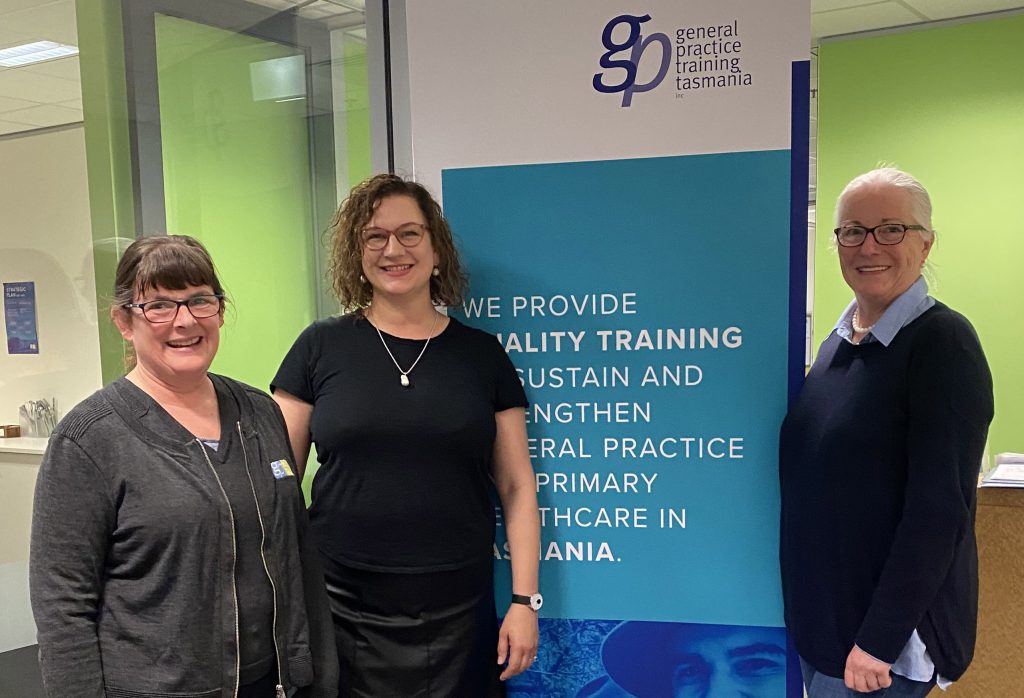Chair’s Report May/June 2021
More than a Word. Reconciliation Takes Action
Reconciliation means ‘coming together’. This is a time for us to reflect on the relationship between the broader Australian community and Aboriginal and Torres Strait Islander peoples. National Reconciliation Week is an opportunity to learn about our shared histories, cultures, and achievements.
Let’s use this next week to teach our registrars and medical students about Aboriginal and Islander health in your region. I will be using the excellent GPSA resources to assist me in my teaching https://gpsa.org.au/indigenous-health/

Dr. Nicole Higgins, GPSA Chair
Supervisor Remuneration and Reform
Supervisors are NOT paid to provide clinical supervision.
Supervisors are paid to provide in practice teaching in GPT1/2 only.
Practices are compensated for when their registrars are away from the practice for educational release.
Clinical supervision is largely voluntary. Supervision of doctors and GP’s in training ensures patient safety and a quality learning experience
There is a lack of consistency of supervisor and training practice support across the GP training pipeline. GPSA has done a deep dive into how this is done across Australia and the programs and is currently informing the department and colleges. Over the next couple of months there will be a series of roundtables with the department, colleges and GPSA/GPRA to review the reform process and better understand what we have and where we would like to go. We will continue to inform and seek feedback from our membership so that we can develop a system that is streamlined, consistent and fair.
GPSA is currently developing a quality improvement framework to support practices in providing a quality training experience. The guiding principle is that it is simple, it builds on what practices already do and can be part of a simplified accreditation process.
GPSA is also working with RACGP as they develop a supervisor curriculum.
Transition to Profession Led Community based GP Training
The transition of GP training was announced in October 2017 by the Health Minister Greg Hunt with both RACGP and ACRRM to fully take over in January 2022. Everything changed in October last year when it was announced that the transition was halted and the department wanted to refocus on ‘workforce solutions’ and ‘efficiencies’. We were told that there would be ‘winners and losers’.
In the recent GPSA survey most supervisors said that they were satisfied or more than satisfied with their RTO’s. Supervisors and training practices were disappointed to discover that the department had deemed that RTO’s “were not the way forward” as they often have a personal relationship with their local medical educators and administrators. The RACGP’s new model will provide a continuity of these relationships through their local teams and case management of registrars.The model ensures the continuity of SLO’s and RLO’s which is vital to support supervisors and registrars.
We are working in a challenging environment where there have been years of neglect and underfunding in primary care, workforce need not only in rural but in regional, outer metro and urban and a cohort of registrars whom are older (average 34 yrs), settled and with high debt from HECS, training and mortgages.
We are all working towards a smooth transition of training to the colleges. The discussions and negotiations are robust but respectful.
Yours in training,
Dr Nicole Higgins
Chair GPSA

